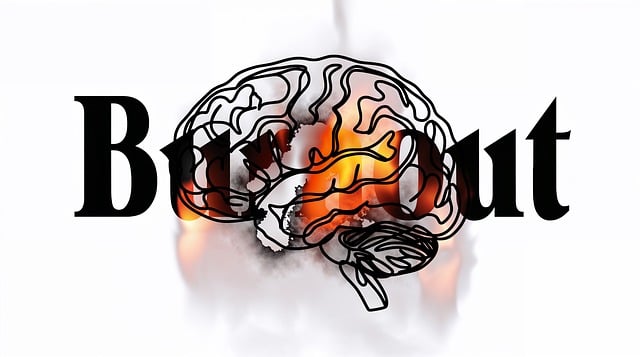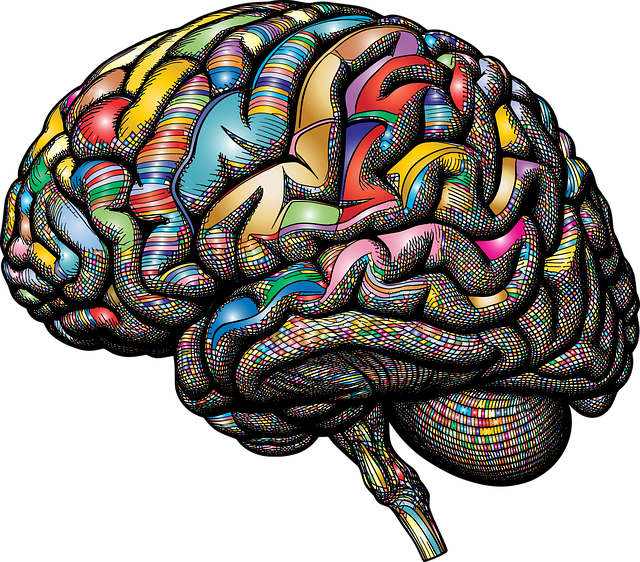Community outreach programs integrating Dialectical Behavioral Therapy (DBT) transform children's well-being by addressing emotional regulation, distress management, and interpersonal skills. These tailored initiatives, recognizing local needs, empower kids to build resilience, enhance self-awareness, and foster healthier relationships through evidence-based practices like mindfulness meditation and positive thinking. By engaging families and communities through social skills training and open dialogue, these programs contribute to improved public health and education, breaking cycles of poor mental health and building supportive communities where therapy for children is accessible and effective.
Community outreach programs play a pivotal role in enhancing children’s well-being by providing essential support and resources directly to underserved communities. This article explores the transformative power of such initiatives, with a specific focus on integrating Dialectical Behavioral Therapy (DBT) – a highly effective therapy for children. We delve into strategies for successful implementation, engagement, and measurement of long-term benefits, highlighting the impact on community resilience and mental health.
- Understanding Community Outreach and Its Impact on Children's Well-being
- Integrating Dialectical Behavioral Therapy (DBT) into Outreach Programs
- Strategies for Effective Implementation and Engagement
- Measuring Success and Long-term Benefits of Community Outreach Initiatives
Understanding Community Outreach and Its Impact on Children's Well-being

Community outreach programs play a pivotal role in enhancing children’s well-being by providing essential support and resources directly to their communities. These initiatives focus on addressing various aspects of a child’s development, from academic success to mental health. By integrating therapeutic approaches such as Dialectical Behavioral Therapy (DBT), community outreach can effectively target issues like emotional regulation, distress management, and interpersonal effectiveness – all crucial elements for children’s overall growth and resilience.
Moreover, these programs often incorporate self-care practices and burnout prevention strategies tailored for healthcare providers, ensuring sustained delivery of services. Social skills training is another key component, fostering a sense of belonging and connection among peers, which can significantly impact a child’s social-emotional development. Ultimately, understanding the profound impact of community outreach on children’s well-being underscores its value as a game-changer in public health and education.
Integrating Dialectical Behavioral Therapy (DBT) into Outreach Programs

Integrating Dialectical Behavioral Therapy (DBT) into community outreach programs offers a transformative approach to addressing mental health challenges among children. DBT, originally designed for adults with borderline personality disorder, focuses on mindfulness meditation and stress reduction methods to help individuals regulate emotions and improve interpersonal effectiveness. By adapting these evidence-based techniques for younger audiences, outreach programs can equip children with valuable coping skills to navigate emotional distress and enhance their overall well-being.
This holistic therapy encourages participants to develop a balanced perspective by accepting their feelings while also learning effective ways to manage them. Mindfulness meditation plays a pivotal role in DBT, teaching individuals to be fully present and aware of their thoughts and emotions without judgment. By incorporating these practices into community outreach, mental health professionals can empower children to build resilience, improve self-awareness, and foster healthier relationships, ultimately contributing to a more positive and supportive social environment.
Strategies for Effective Implementation and Engagement

Implementing community outreach programs that offer therapy for children, such as Dialectical Behavioral Therapy (DBT), requires a strategic approach to ensure effective engagement and impact. The first step is to identify the specific needs of the community, including any gaps in existing mental health services. This can be achieved through surveys, focus groups, or partnerships with local schools and community centers. Once these needs are understood, tailored programs can be designed that incorporate evidence-based practices like Positive Thinking and Communication Strategies.
Engaging families and caregivers is crucial for the success of outreach initiatives. Providing Social Skills Training sessions for parents and guardians can empower them to support their children’s mental health at home. Regular communication channels, such as newsletters or online platforms, should be established to keep participants informed about program progress, share valuable resources, and encourage ongoing engagement. By fostering open dialogue and implementing interactive activities, these programs can effectively reach and benefit the community.
Measuring Success and Long-term Benefits of Community Outreach Initiatives

Measuring the success of community outreach initiatives is paramount to understanding their long-term benefits. By incorporating evidence-based practices like Dialectical Behavioral Therapy (DBT), programs can effectively address mental health challenges among children and youth. DBT, for instance, has shown promise in enhancing emotional regulation, distress tolerance, and interpersonal effectiveness—key components of mental wellness coaching programs.
Beyond immediate outcomes, these initiatives contribute to sustainable positive thinking and self-care routine development. By fostering a sense of belonging and support within the community, outreach programs can empower individuals to take charge of their mental health. This long-term impact is crucial in breaking cycles of poor mental health outcomes and building resilient communities where every individual has access to essential resources for thriving.
Community outreach programs, enriched by the integration of Dialectical Behavioral Therapy (DBT), significantly enhance children’s well-being. By implementing effective strategies and measuring success through tangible outcomes, these initiatives foster resilience, emotional regulation, and social skills in young individuals. The long-term benefits extend to improved mental health, academic performance, and community engagement. This holistic approach not only addresses immediate needs but also empowers children with coping mechanisms for lifelong well-being, making therapy accessible beyond traditional clinical settings.










